Editor’s note: The week of Sept. 5-11 is National Suicide Prevention Week. In observance of the week, The Red Ledger asked former staff member and 2016 graduate Jordan Toomey to share her journey through depression and suicidal thoughts.
I’m sitting in my economics classroom my senior year, at my desk, arms wrapped around myself to keep from shaking as the presentation begins. A woman with an annoyingly calm voice slowly flicks through slides about signs a person may be considering suicide, how to help, and, in the same neutral voice, urges us to think before we act. One of my classmates cracks a joke in the back of the room, and most of the class laughs. Even the presenter smiles indulgently.
I touch the still-healing cuts on my wrists, hidden by my oversized plaid shirt, and cast my eyes downward.
I am not laughing.
The school can pay someone to come and spit facts at high schoolers about depression, self-harming behaviors, and suicide, but that doesn’t mean that they can make the kids listen. The worst part is, I don’t even blame them for not listening to this dull-eyed woman rattling off facts that she obviously doesn’t care about. To her, and most of the class, suicide is something they don’t have to worry about. It’s something that most people don’t have to worry about, something most people don’t know is happening.
Except that’s not true. By latest statistics, 117 people die per day from suicide. It is thought that 1 in 12 teens self-harm.
I am no exception.
I first really learned what depression was the first semester of my junior year, while working on a collaborative story about mental illness for The Red Ledger. While learning what it really was, and asking my friend who had been diagnosed with it personal questions about his experiences, I began to feel something: relief. Finally, I had a word to describe the sinking feeling I had been experiencing for the last few months. I had a word to describe the excessive crying, the lack of motivation, the loss of energy, the isolation from friends, and the intense pain I sometimes felt in my chest.
I had depression.
With this realization, my brain rebelled. Sure, I was depressed…but it couldn’t be that bad. I was just overreacting. I pushed it to the side, unwilling to deal with it. I waited for it to get better.
It didn’t.
My grades dropped, friendships failed, and I became suicidal. The beginning of my senior year, I started self-harming. The small cuts quickly morphed into a full-blown addiction, and it got so bad that I cut almost every night for two months straight. I wore a leather jacket over my birthday dress to hide the cuts. I was scared to push my sleeves up, even if it got warm in the classroom. I cried every night, and hoped for death. I came to school with eyes so lifeless that teachers I had never even met went out of their way to ask if I was okay. I didn’t talk to my friends very often, and it came to a point where I really didn’t have any.
This is what depression does to you. This is what self-harm does to you. This is my story, and it is real. I roamed the hallways with everyone who is reading this article. I might have stood next to you in the lunch line. I might have sat next to you in class. I might have been one of your closest friends or one of your worst enemies.
And I almost killed myself.
Suicide is real. Depression is real. And it has come to my attention that a lot of people don’t really know about it. One of my friends even had someone ask her if depression was “contagious.” This story is blunt, and I wanted it to be blunt because I can dangle statistics in your face and tell you what to “look for,” but the reality is, I could have died. I could be six feet under right now. People all around you are struggling, drowning, and you probably have absolutely no idea.
Be kind to people. Watch them. Ask if they’re OK. I’m not advising you to snitch on someone the first chance you get, but someone telling the school counselor about my self-harm may have saved my life.
This week is dedicated to suicide prevention, and it is not a joke. It is not some monotonous message like “be nice to each other,” that we learned in preschool. Suicide prevention and awareness week is so incredibly important for people out there who are contemplating taking their own lives. Losing a life to a chemical imbalance in the brain, to bullying, to inability to cope with anxiety or OCD or PTSD – this is a big deal. It should be treated as a big deal.
To anyone out there who struggles with mental illness, self-harm, or suicidal thoughts – I am with you. Take medication, draw little pictures on the areas of your body where you cut (I personally got a tattoo where I used to cut), and remind yourself that: It. Gets. Better. Because it does.
If you are someone who does not have a mental illness, does not self-harm, and does not consider killing themselves – good. But please be aware that there are people around you who are struggling with these things. They need help. They need love. And above everything else, they need you to know what’s happening in the world and what’s happening in their heads. And that’s what suicide prevention week is about; making the general populace aware of a silent war happening in people’s minds.
If things had been even a little different, my seat at the front of my economics room would have been cold, empty. The woman would have droned on and on about how it was important to watch people for signs of self-harm, depression, and suicide.
And no one would have been laughing.
For the National Suicide Prevention Lifeline, call 1-800-273-8255.




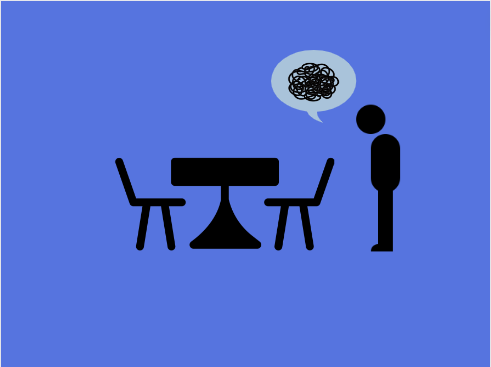
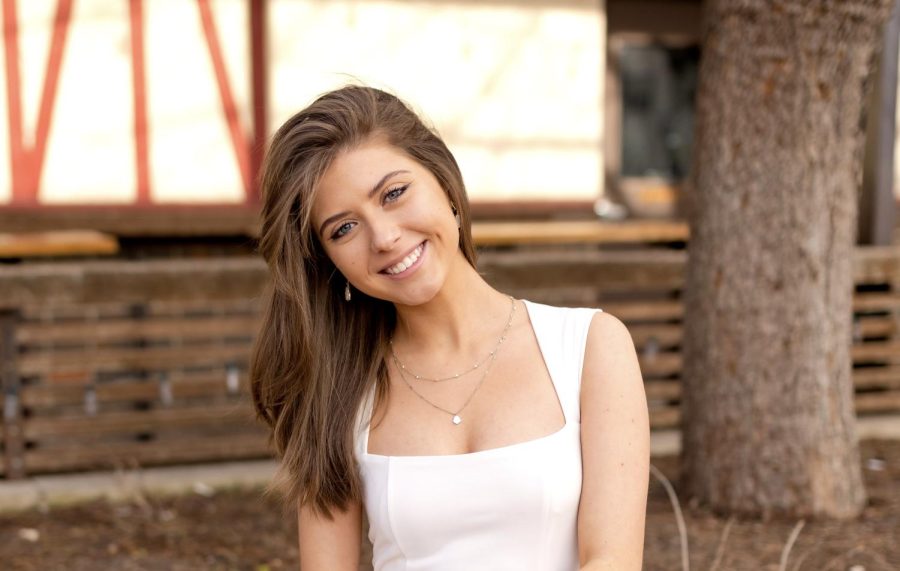
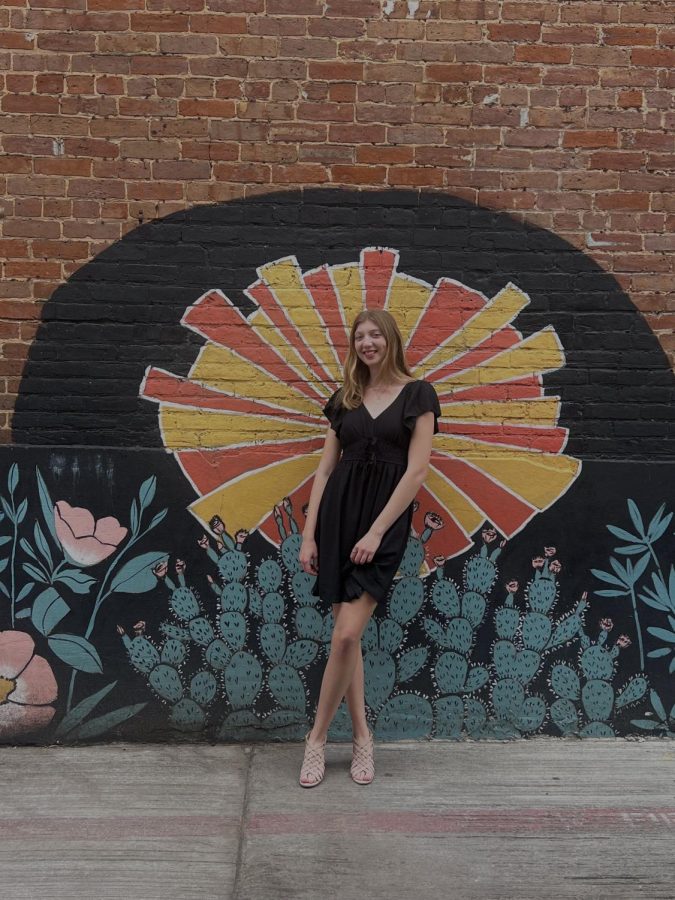
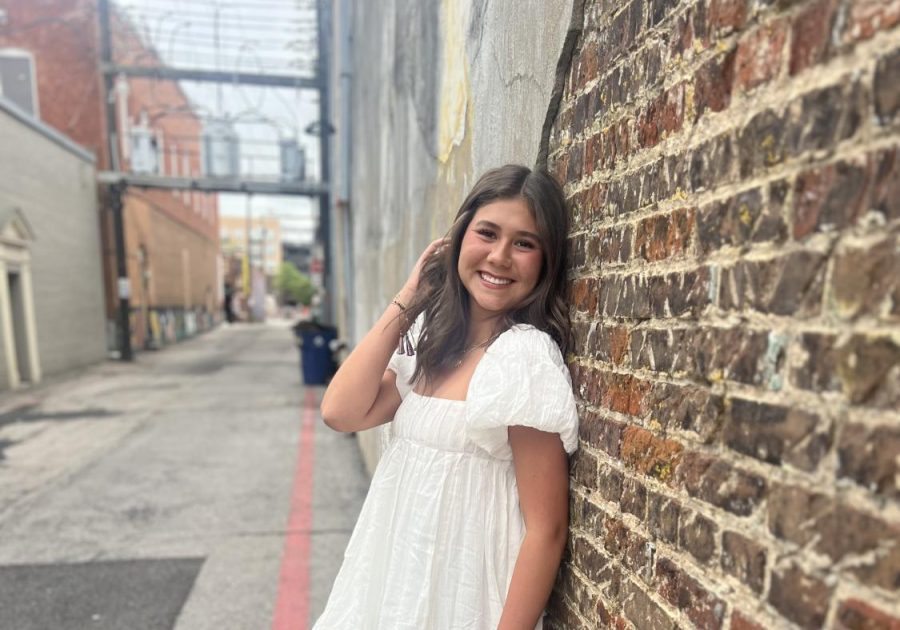
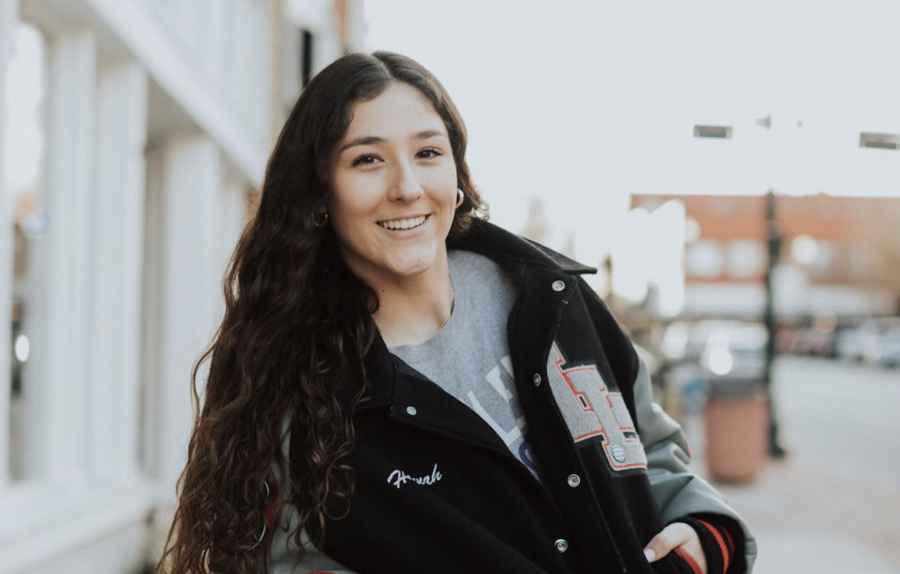
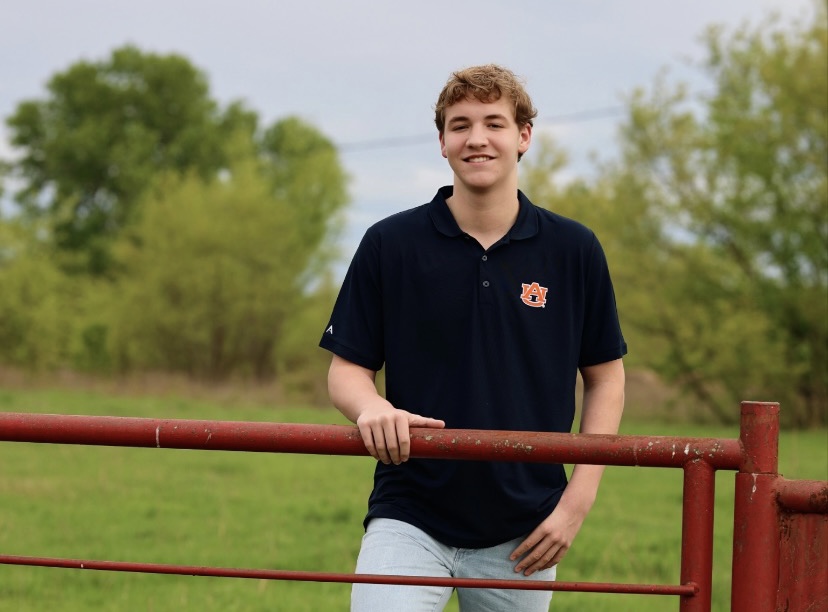









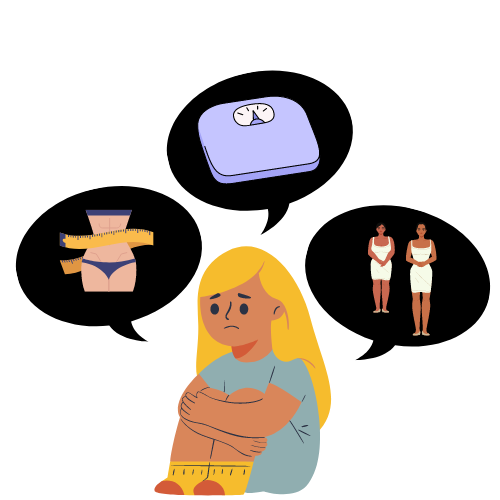
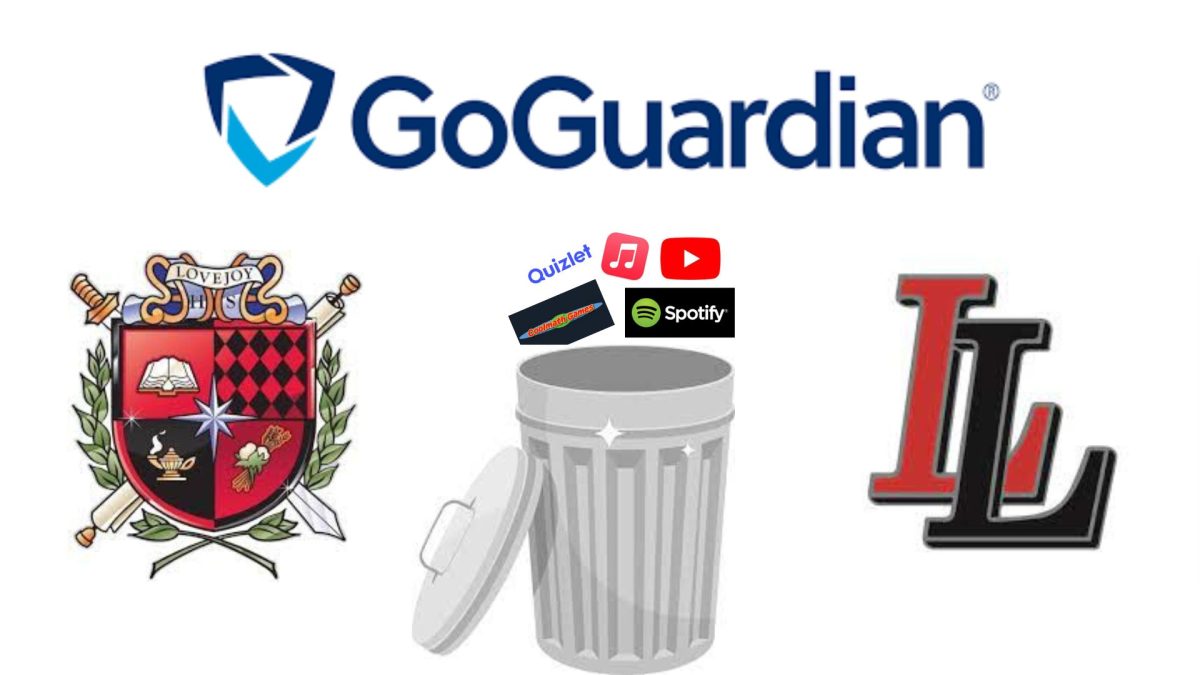
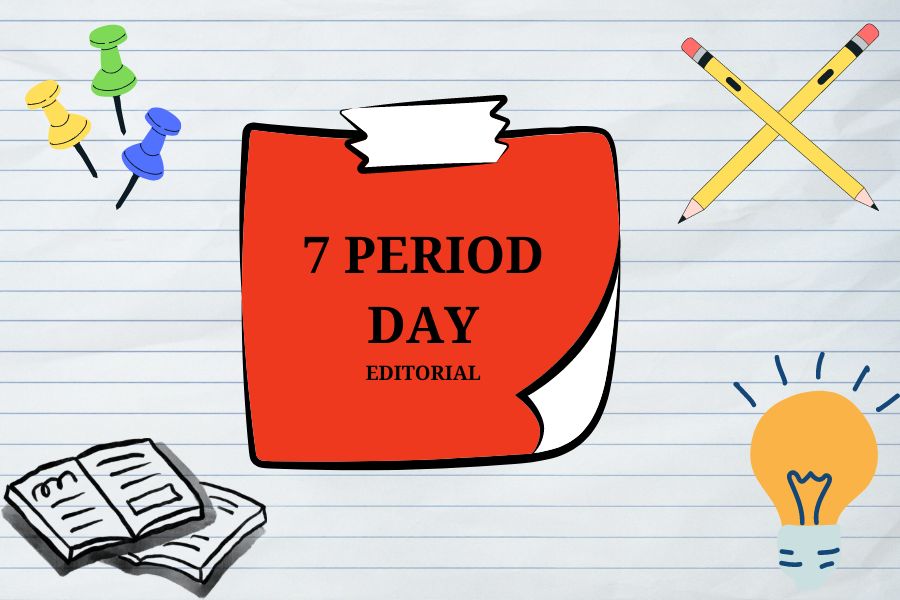

Maria Luisa Estes • Sep 27, 2016 at 7:55 am
So well written the article.
Thanks Jordan for caring so much for others that you were willing to share your personal story. You are touching so many people and you should be incredibly proud of yourself.
Thanks be to God for people like you that are willing to help others.
Be blessed,
ML Estes
roger l fedick • Sep 26, 2016 at 11:01 am
i just wanna thank you for making this article because i am depressed and have been thinking of self harm.
Chris F Martin • Sep 13, 2016 at 12:42 am
I have on my e-mail signature “every person you meet fights a battle you know nothing about.” Undiagnosed depression seems to be at an all time high amount kids as early as elementary school. I believe it’s the parents job to understand that their responsibility as parents is to help their kids understand themselves. Not just how they think they need to act. I bet if there was an open dialog established within the family, this form of depression would not have evolved to this point. I have been in scouts, band, and additional events around kids and I see how disconnected most kids are with their parents. I hope that all parents read this carefully. Take responsibility to be there for your child… No matter what they may be going through. And if you are just starting after they are teenagers, you’re already too late.
Diane Welhouse • Sep 12, 2016 at 11:24 am
Thank you for posting this article . I have a very dear friend that struggles with self harm and depression. I sent her this article and told her that she is not alone.